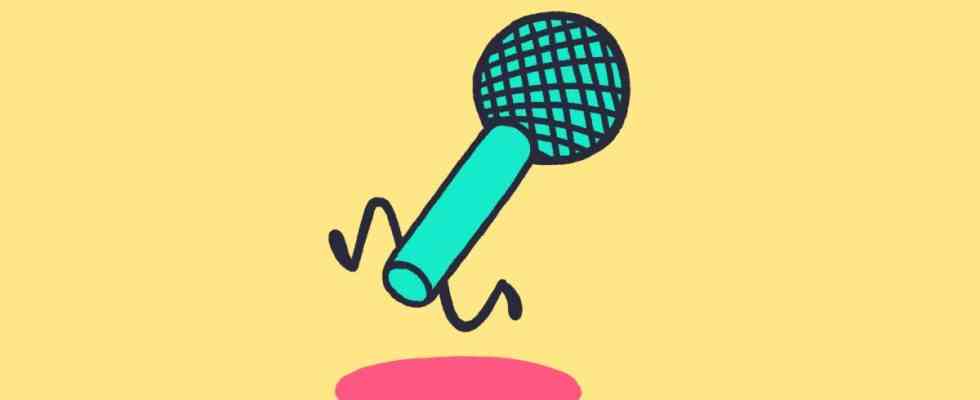Two billion people worldwide do not have access to clean water. The reasons for this are population growth, pollution from industry and agriculture – and increasingly climate change. A United Nations conference is currently dealing with the dwindling resource of water. UN Secretary-General Guterres warns that “vampiric overconsumption and climate change” will deprive humanity of “the elixir of life”.
The drought is particularly bad in East Africa. A region where more than 33 million people do not have enough to drink, where up to 90 percent of the wells in the countryside have dried up completely and the price of drinking water has skyrocketed. The dramatic effects of climate change can also be seen in Somaliland on the Horn of Africa. The semi-nomad and shepherd Xirsi Jaamac Mire, for example, complains that 200 of his 450 goats, sheep and camels died of thirst last year.
In the past, the region had a devastating drought about “every seven years, with one or two rainy seasons missing,” says Thomas Huerz, Welthungerhilfe’s regional director in Somaliland. But it is “really new” that there are areas where “ten rainy seasons have already failed”. As a result, livestock die, the livelihood of up to 70 percent of the people in Somaliland.
In fact, nomadic management is “a very clever way of using natural spaces”. But now you have to feed them – but “that goes completely against the nomadic culture”. Huerz says: “We have families that use half their income for water.” In the meantime, people in Somaliland pay “three times as much as in Germany” for fresh water. In view of the income situation in the Horn of Africa, this is “unaffordable for the vast majority”.
The national task number one is to “prevent the water runoff”. It is estimated that around 90 percent of all precipitation runs off the surface. And then, of course, the animals lack that. That’s why most of Welthungerhilfe’s funds in Somaliland go to “water retention using very different methods,” says Huerz.
More news: strike paralyzes traffic on Monday, central banks raise interest rates, Knesset makes it difficult to remove prime minister.
To subscribe to our news podcast:
“To the point” is the news podcast of Süddeutsche Zeitung on the most important topics of the day. The podcast appears Monday through Friday at 5 p.m. You can find all the episodes on sz.de/nachrichtenpodcast. Don’t miss an episode and subscribe to our audio offering on your favorite podcast app or at iTunes, Spotify, deezer, AudioNow. You can find an overview of all our podcasts under www.sz.de/podcast and here you can find out how you can listen to our podcasts.
You have any questions or suggestions? Then write to us: [email protected].

